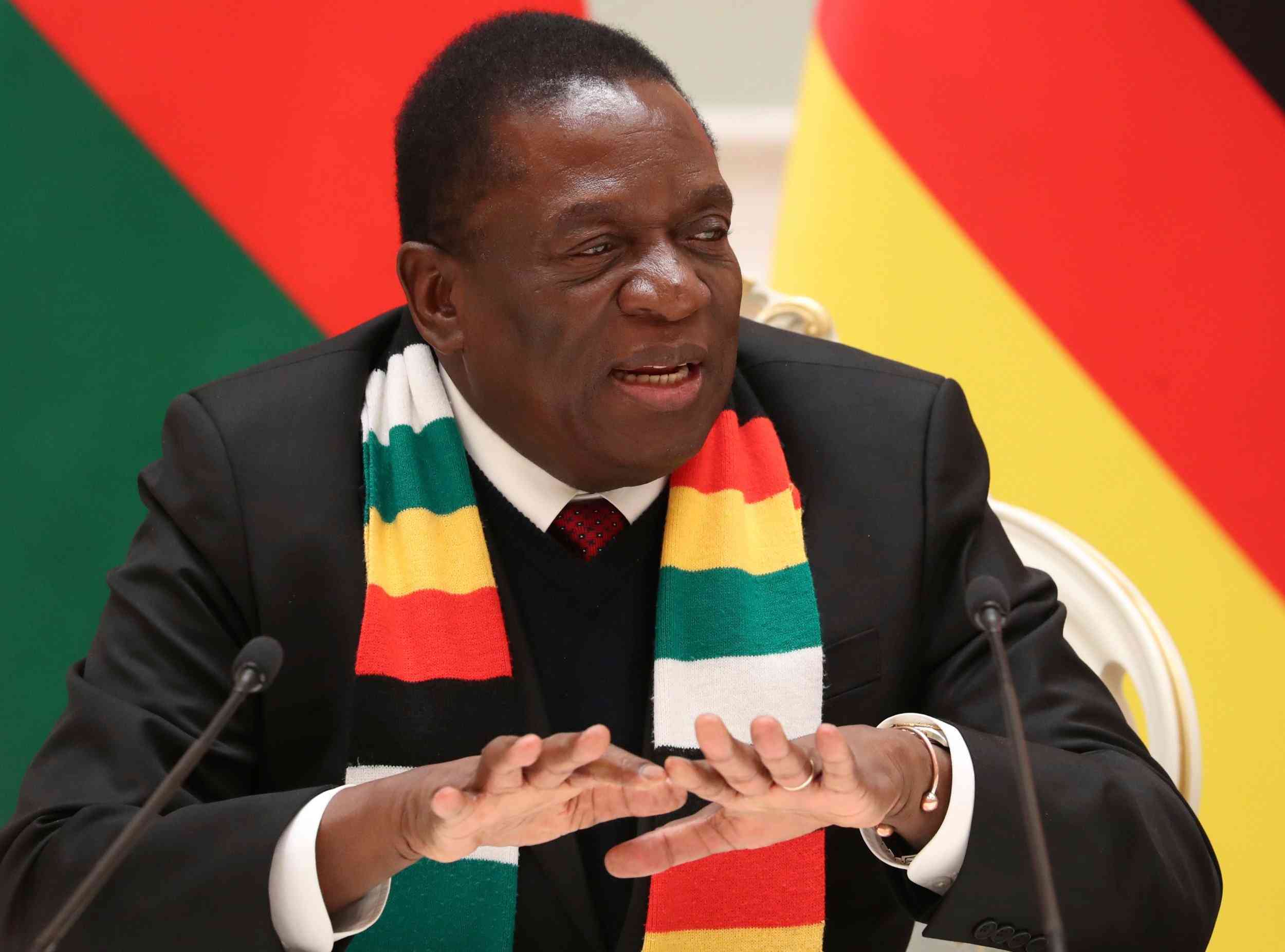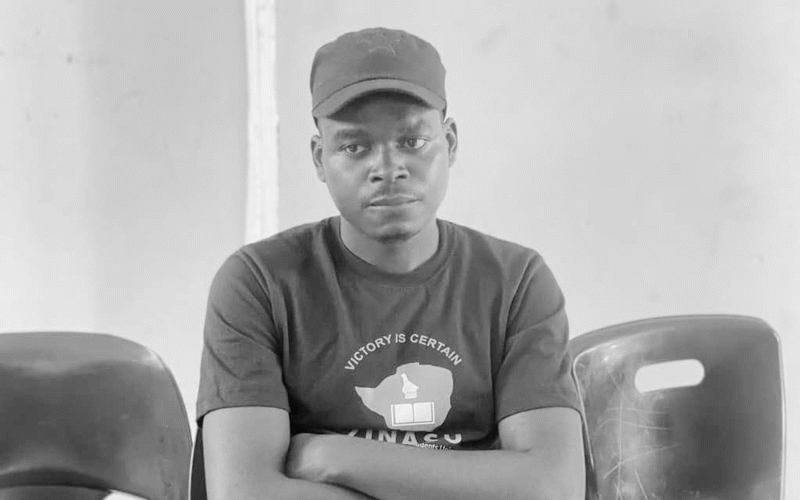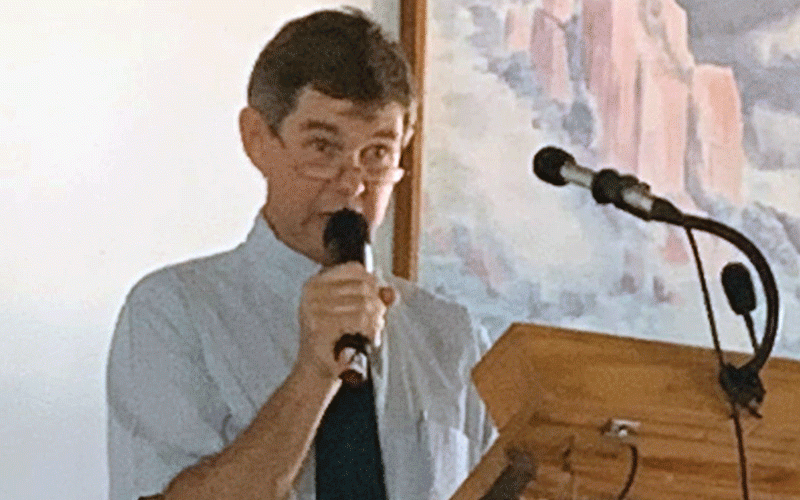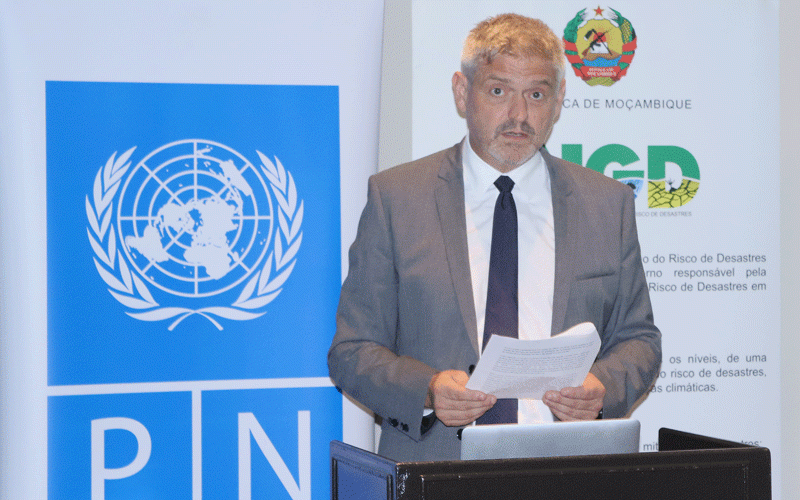BY TIM MIDDLETON
CECIL the lion became an international celebrity in 2015, bringing the world’s attention firmly on Zimbabwe, for all the wrong reasons.
The lion was killed by an overseas hunter with two arrows, with his trophy head being taken back to the US. For those who frequented Hwange’s National Park he was well known yet the vast majority of Zimbabweans had never heard of him prior to the killing and the subsequent worldwide outrage.
Of course, game viewing is hugely popular in Zimbabwe with special interest being on the Big Five of the lion, elephant, rhinoceros, buffalo and leopard, not just among hunters but more especially with those who simply wish to see these incredible creatures in their natural habitat, and not confined in cramped spaces in zoos.
These are the ‘charismatic megafauna’ – certainly they are charismatic, with an aura and appeal that is stirring, while they are clearly ‘mega’, big in size, strength and stature.
We do well to consider why the Big Five have such appeal. To a large degree, their appeal and awesomeness lies in their strength, power, expertise in hunting, calm control of and in their environment.
Then, too, it is their very unpredictability that will keep anyone on the edge of his seat; there is a very real chance that they will react suddenly, strongly, subtly to show who is boss in that setting.
With all of that, there comes a real awareness of the danger that they present; we cannot take these moments lightly, bearing in mind the animals’ predatory instincts. Equally, there is a clear understanding that the animals’ world is competitive; there are winners and losers here. In all of this, there comes an excitement, a thrill, an adrenaline rush, a challenge, in being allowed to enter into the animals’ world. Who would not be excited about seeing the game close up?
The sad reality is that while the Big Five have the tremendous potential to injure, maim and kill, so there is an equally serious situation whereby these animals themselves are threatened by poaching, hunting, black market trade and even climate change.
If we are not careful, we will no longer be able to view such game; in that regard, therefore, we must take great care and show all due respect to how we protect this wonderful gift of game, in particular the Big Five, that we have.
While there are five animals that are considered the Big Five so we can fairly assume that there are also five team games that are seen as the Big Five.
These would probably be seen as soccer, basketball, rugby, cricket and hockey.
They may not necessarily be deemed to be the most dangerous physically (as any number of extreme sports would fit that category, but extreme sports tend to be primarily individual sports) but we must all the same give them similar due respect and treat them carefully if we wish our youngsters to be safe in their viewing or playing such games.
Few would deny that there is tremendous interest and excitement in watching such games; we only need to go to a school on a Saturday (Covid-allowing) and watch the reactions of the parents and pupils on the side-lines to see that.
There is often unpredictability about what will happen (though some are blasé about the opposition and suffer as a result). There is equally a danger if correct precautions and training are not followed.
That is why we must ensure that our youngsters understand how to go about appropriate techniques to handle potentially dangerous situations.
Just as people love to see the big game in the bush so many people want to see the big games in sport. People delight in Premier League generally as opposed to games in the minor leagues; many parents want to watch First Team games and not Under 14 C games. The Big Game are the attraction.
That is obviously to do with the fact that we will be in awe of the strength, speed, skill and technique that can be witnessed at such events, as we find with the Big Game in the bush.
Jean Kapata, Zambia’s minister of Tourism, said at the time of the Cecil the Lion saga that “the West seemed more concerned with the welfare of a lion in Zimbabwe than of Africans themselves”, and added that “In Africa, a human being is more important than an animal.”
We do well to apply such a similar attitude towards the big games we watch and participate in school sports.
We must protect our big games and be more concerned about the welfare of our children than the trophy hunting that is found at all costs in much of school sport.
We cannot play games with Big Game or big games.
- Tim Middleton is a former international hockey player and headmaster, currently serving as the Executive Director of the Association of Trust Schools Email: ceo@atschisz.co.zw





